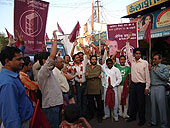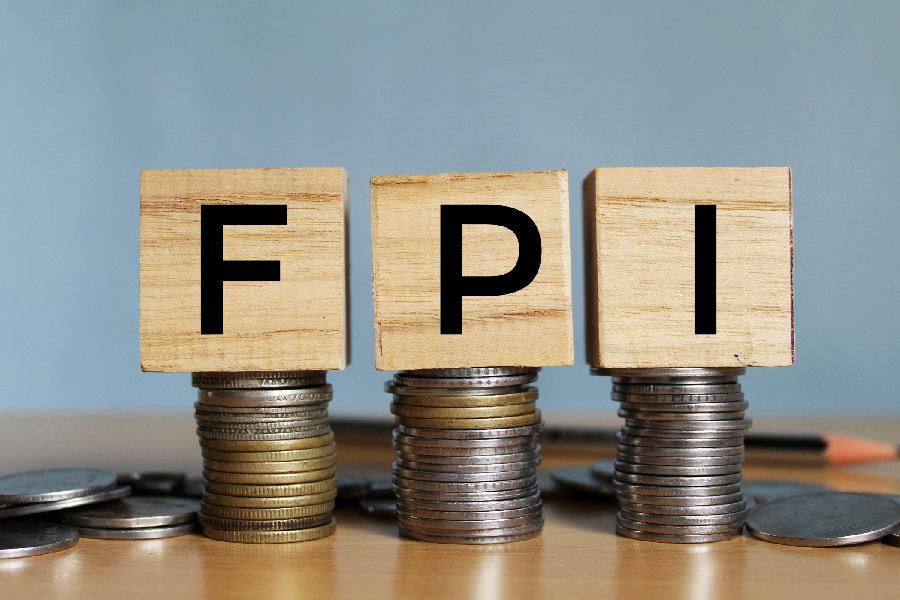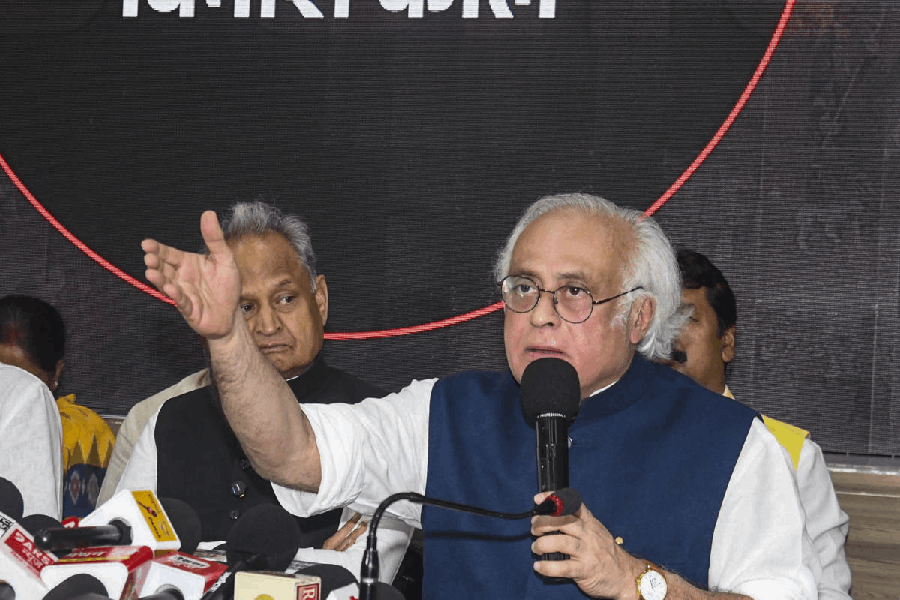 |
 |
| IDEALISM LIVES: A BPD rally in Kanpur and (below) Shobit Gupta |
Whenever Shobit Gupta spoke of organising political rallies in Uttar Pradesh, he got a thumbs-up from his peers. “I was lauded for doing something out of the box,” says Gupta, a first year computer science student at the Indian Institute of Technology (IIT), Delhi. Gupta is a core member of the Bharat Punarnirman Dal (BPD), a political party launched last December.
But peer appreciation didn’t turn into action. “When I asked my friends to enter politics with me, they backed away. Getting a good job and a green card was their priority,” recalls Gupta.
But like Gupta, there are a handful of bright-eyed IIT graduates who are shunning the dollar dream. Last December, seven former IIT students announced the launch of the BPD — a political party that would contest Assembly elections in Uttar Pradesh. The party fielded candidates for four constituencies during the first phase of the election. Another seven will contest in the later phases.
At 19, Gupta is under age to stand for elections. He helps out by managing its database, holding meetings in colleges and asking students to vote. “A monotonous software job is not for me. Politics is where the power is,” says Gupta, who plans to pursue full-time politics once he’s graduated.
The image of the corrupt jail-bird-turned-politician may be about to change. In the last two years, four parties have been floated across India by professionals and students from some of India’s premier educational institutes. All have the same agenda — to ensure than an ‘honest Indian politician’ is no longer an oxymoron.
Wanting to clean the political system is easier said than done. Social scientist Ramchandra Guha feels that student-run parties are unlikely to impact Indian politics for now. “Running a political party requires patience, organisation, capital inflow and the commitment of thousands of people. Fly-by-night parties that come riding a media wave don’t last for long,” says Guha. But Ashis Nandy, senior fellow at the Centre for the Study of Developing Societies (CSDS), New Delhi, says such parties could affect the future of Indian politics. “People will realise that new constituencies can be created in politics,” says Nandy.
After completing a masters degree in aerospace engineering from Georgia Tech University, Atlanta, US, in 2003, Tanmay Rajpurohit headed straight to rural Rajasthan. “Whenever I got time off studies, I conducted health and education camps in the villages around Udaipur,” says Rajpurohit, a graduate from IIT, Mumbai. In November 2005, Rajpurohit started the Lok Paritran — a political party with the motto, ‘May you be tough as a rock’, borrowed from the Rig Veda — along with six former IIT college-mates. The Lok Paritran contested seven seats in the Tamil Nadu Assembly elections, held last year.
Rajpurohit knew his party would fight a lost battle in Tamil Nadu. In a state whose politics is dominated by regional parties, the Lok Paritran made little impact with its promises of fighting corruption and jobs for everyone. But the party is now fielding four candidates in the UP elections.
The Youth for Equality (YFE) — a political party formed by medical, engineering and law students — will lend outside support to the BPD in the UP elections. “That’s because we are not a registered party yet,” says Lokesh Paliwal, a postgraduate student at the All India Institute of Medical Sciences (AIIMS), New Delhi, and a core member of the YFE.
The YFE was born following the student-led anti-reservation movement that swept across India last year. “During the anti-reservation struggle we were beaten by the police and assailed by water canons. We realised that politicians could do anything,” says 26-year-old Paliwal.
The YFE fielded one candidate to stand as an independent for the Bombay Municipal Corporation elections and three for the Municipal Corporation of Delhi (MDD) elections last year. None won. “This was a dress rehearsal for future elections,” claims Paliwal.
The Bharat Uday Mission (BUM) — a party started in 2004 by former IIT-Kanpur students — has stalled its political plans for the next four years. “Right now, we are building a foothold by doing social work,” says Ramji Tripathi, a computer science graduate from IIT Kanpur, who works as a software engineer at Bangalore-based Archpro Software. The BUM currently has 6,000 members, claims Tripathi.
Ajit Ashwalayan Shukla, president, BPD, says that fighting elections does not need money and muscle power any longer. “Thanks to a strict Election Commission, even the middle class can afford to contest polls. This is encouraging young people with no godfathers to enter politics,” he says.
But Paliwal, who helped a colleague run for the MCD elections from Kasturba Nagar, a slum colony in Delhi, had a different experience. “A candidate from a political party doled out Scotch whisky to the voters. We promised free medical dispensaries and to stay in touch with the people throughout our tenure in office,” he says. But he discovered that Scotch wins votes in India. His colleague was routed in the elections.











